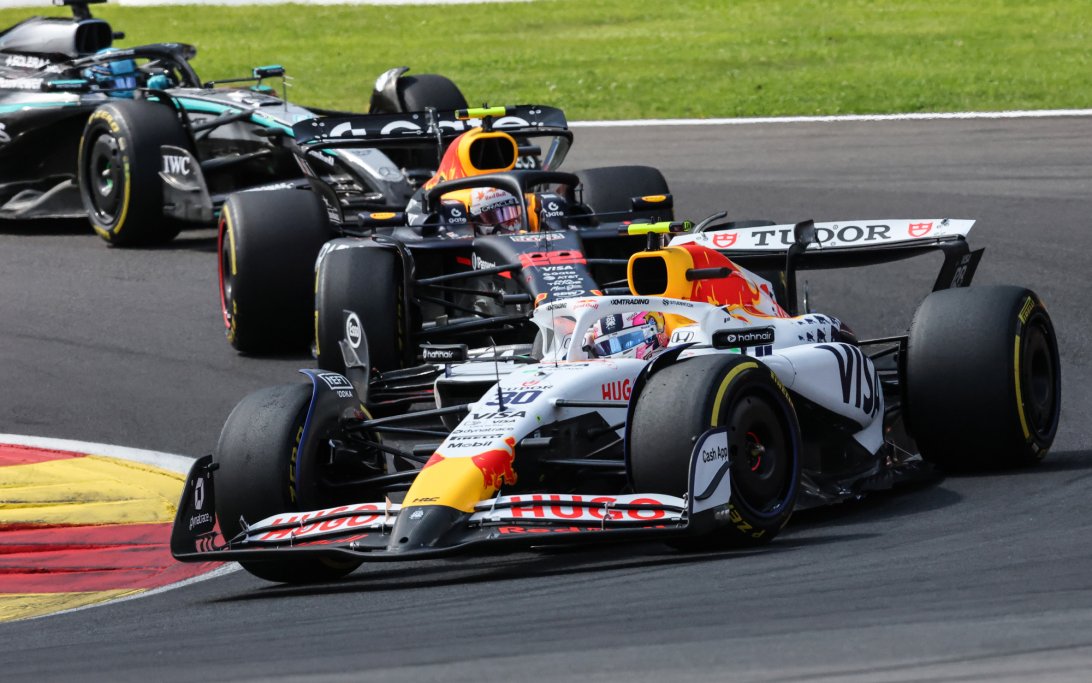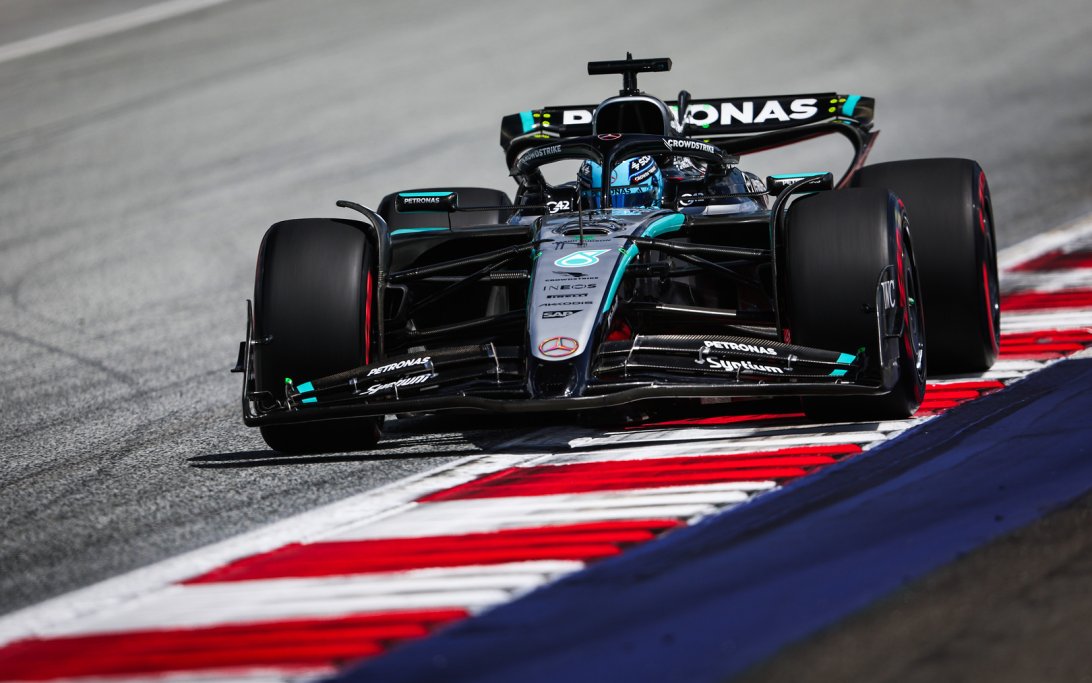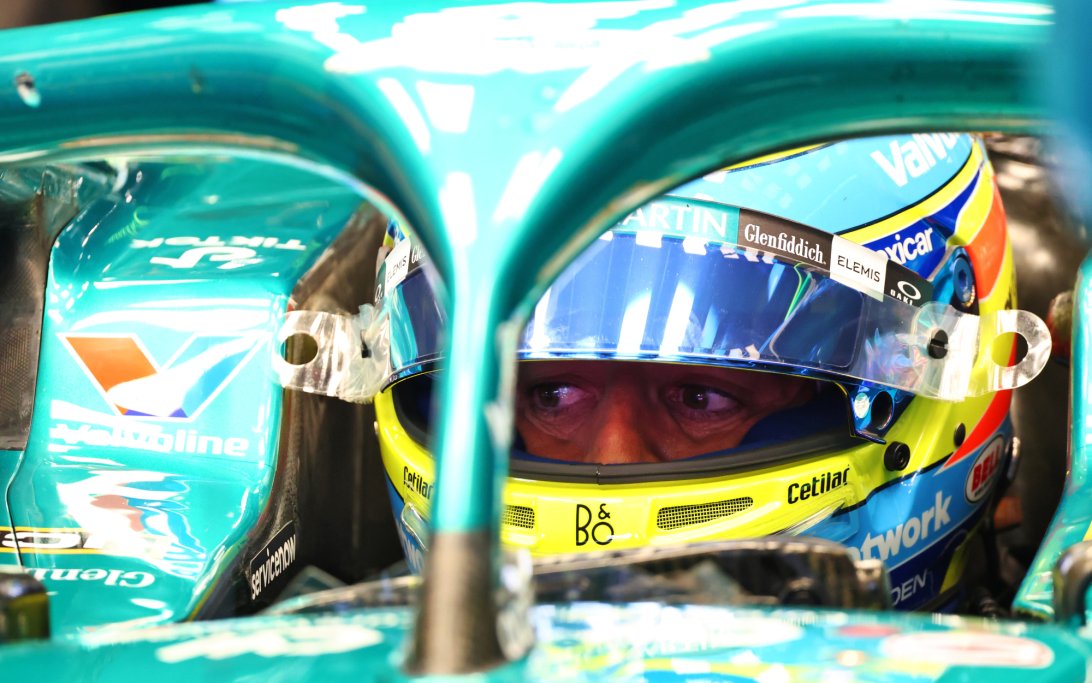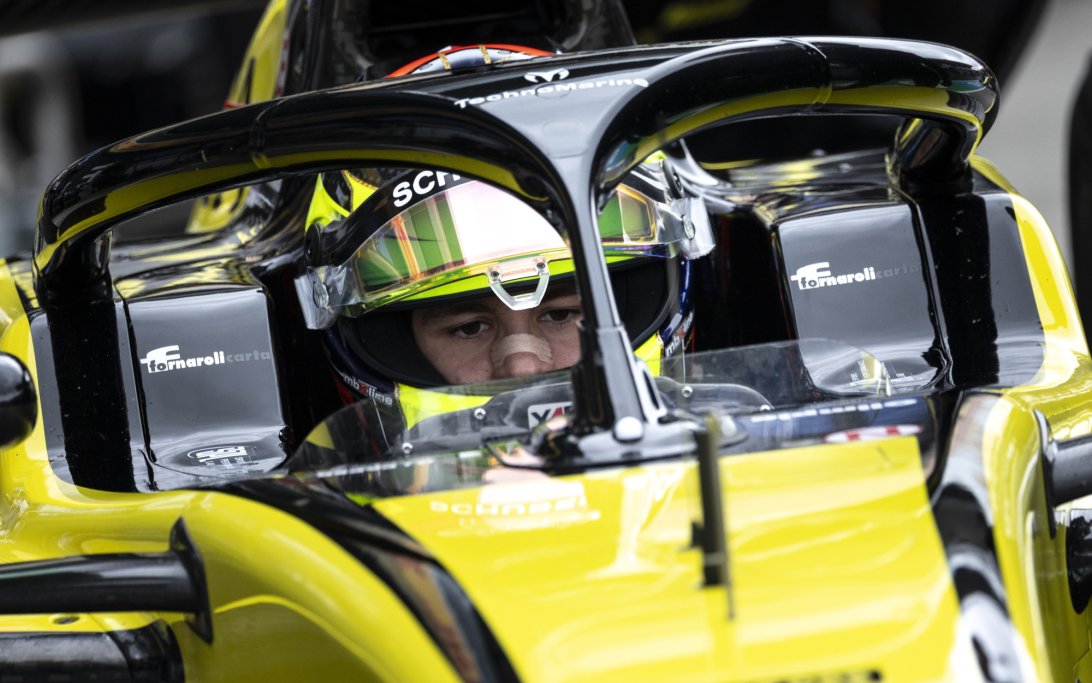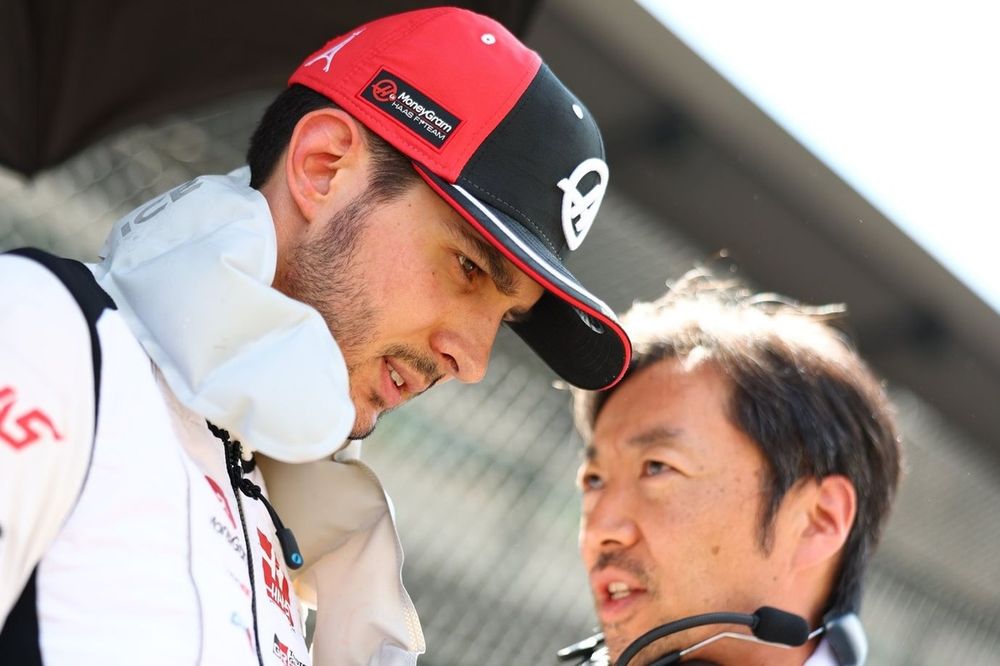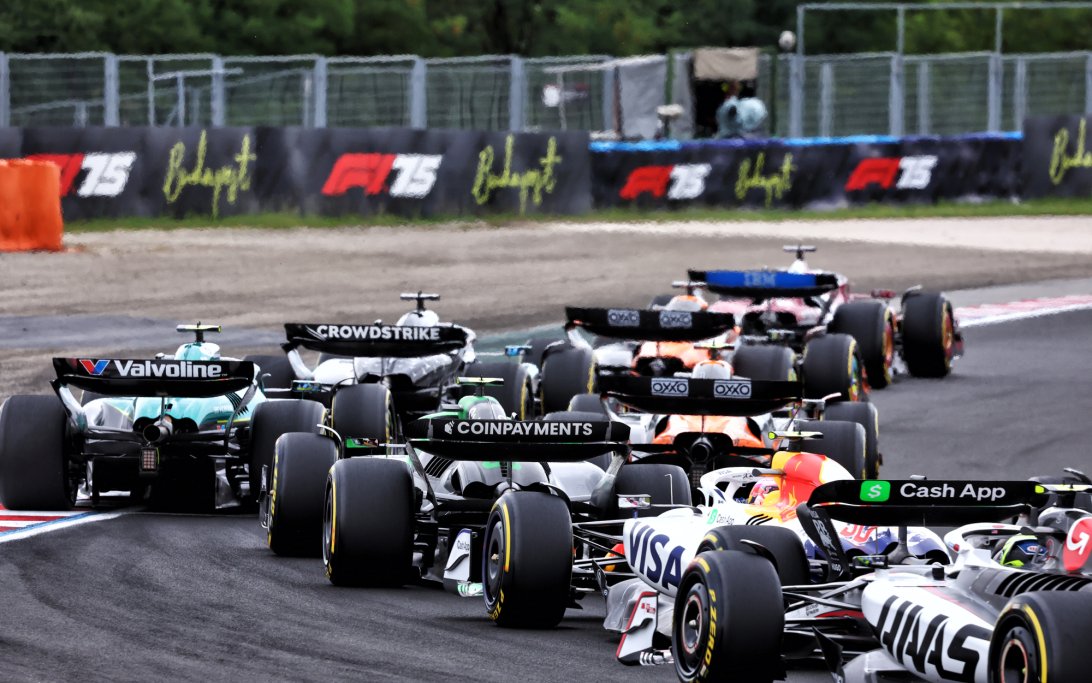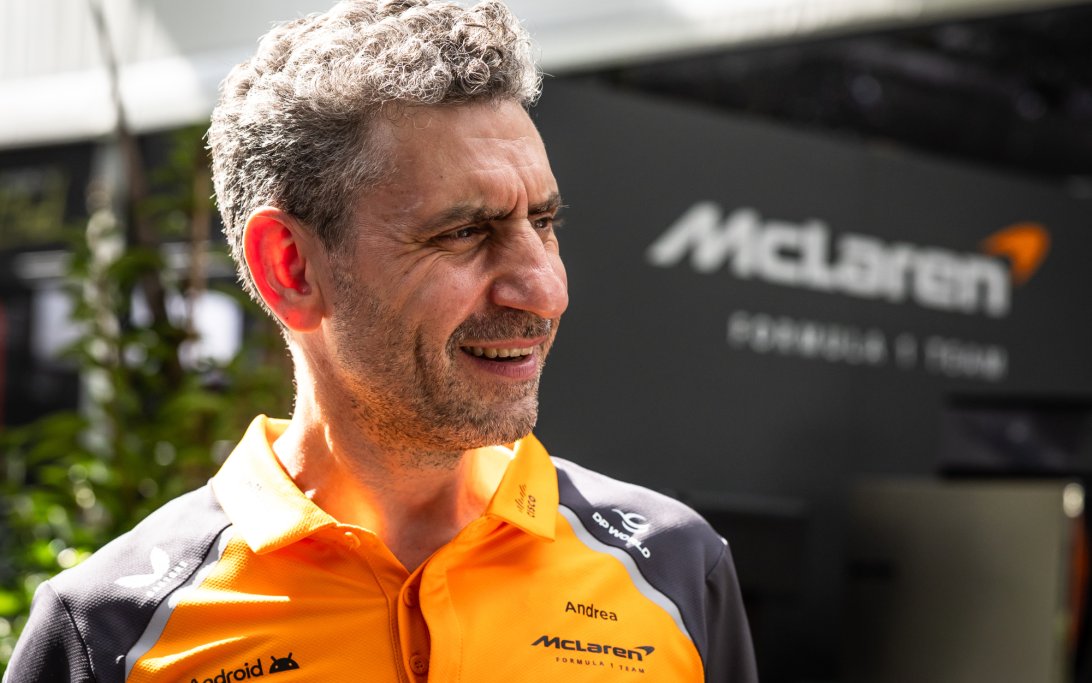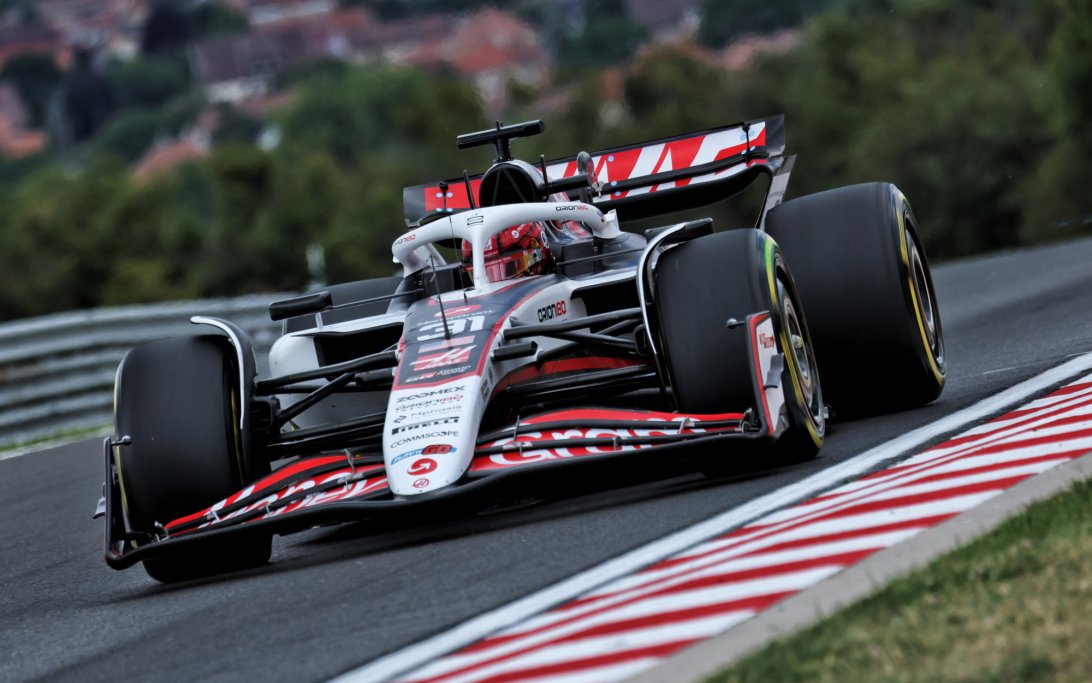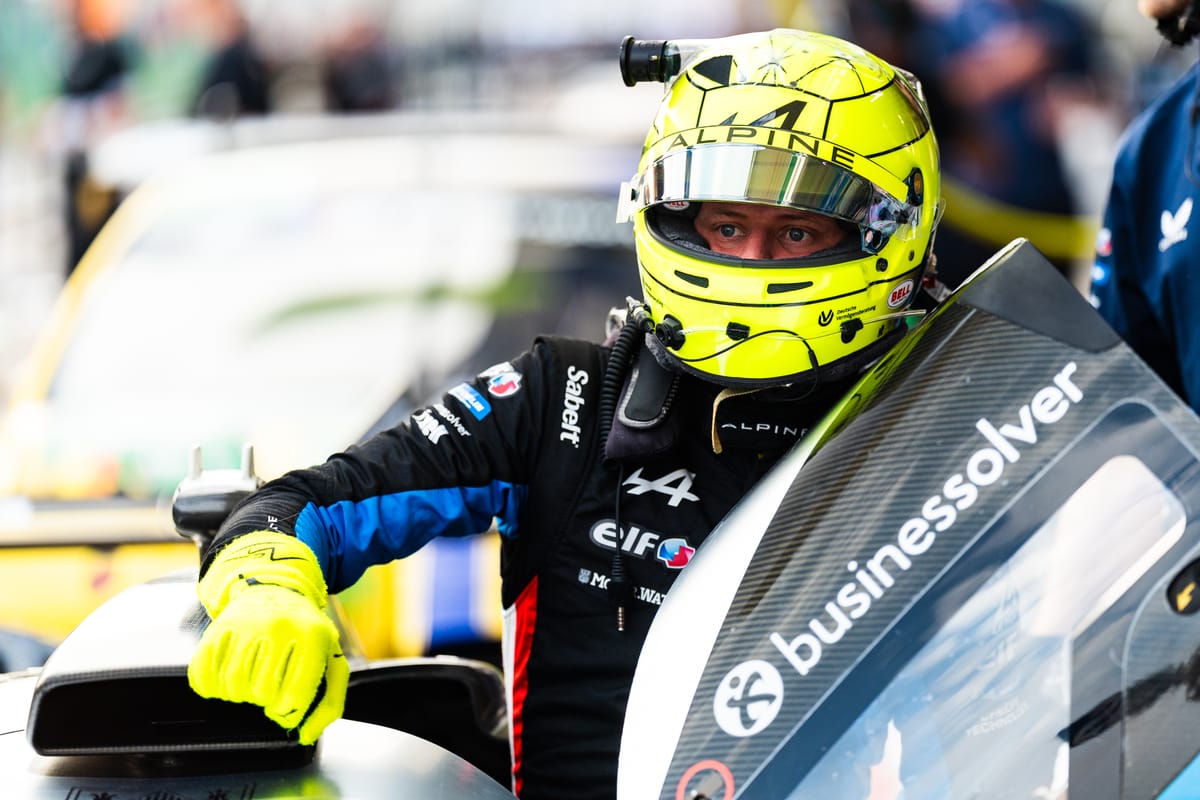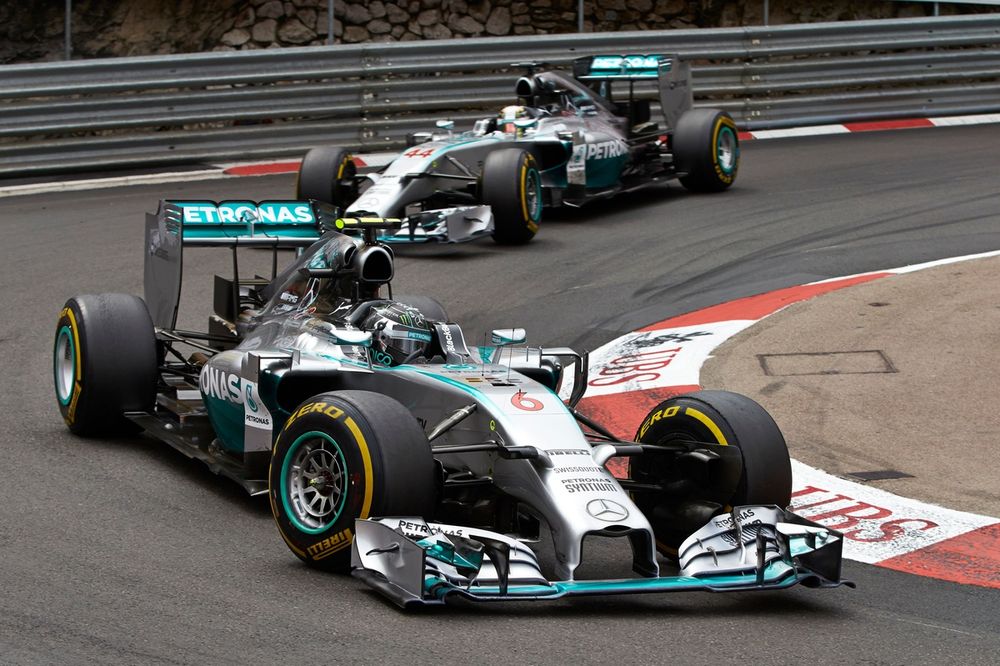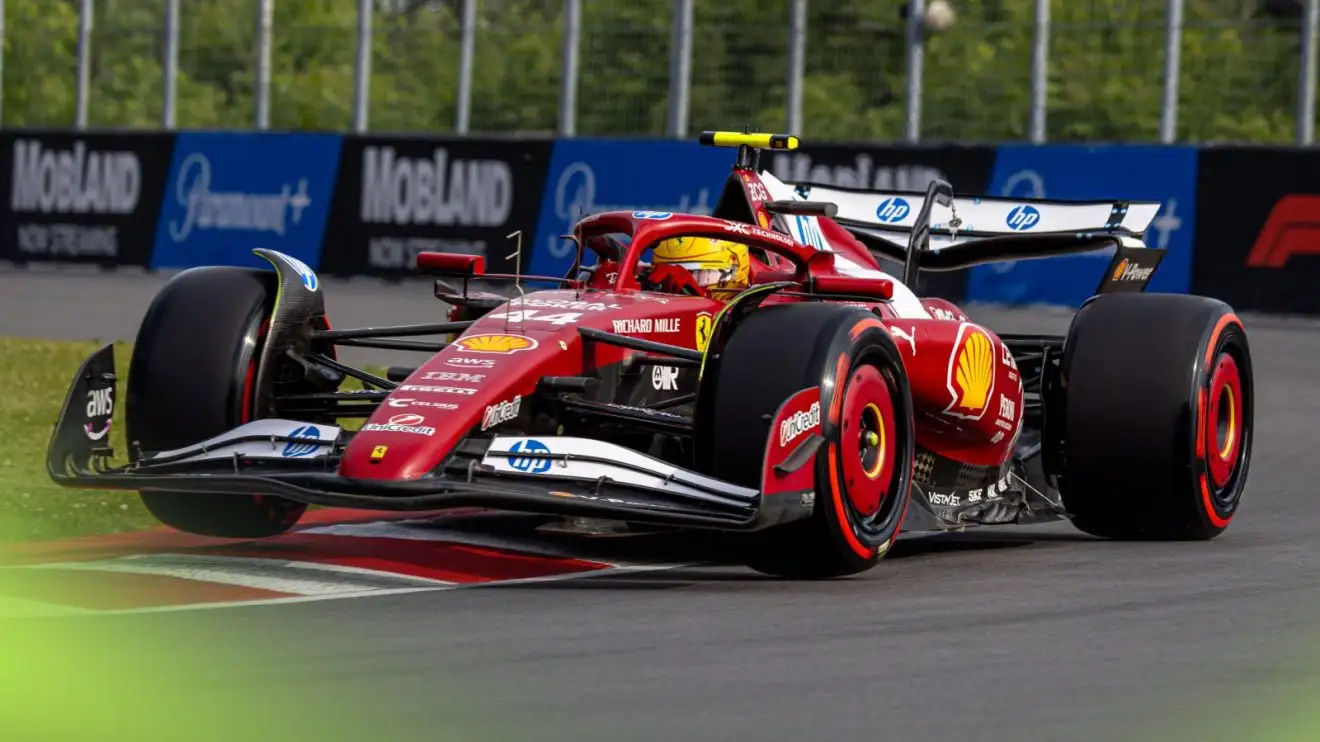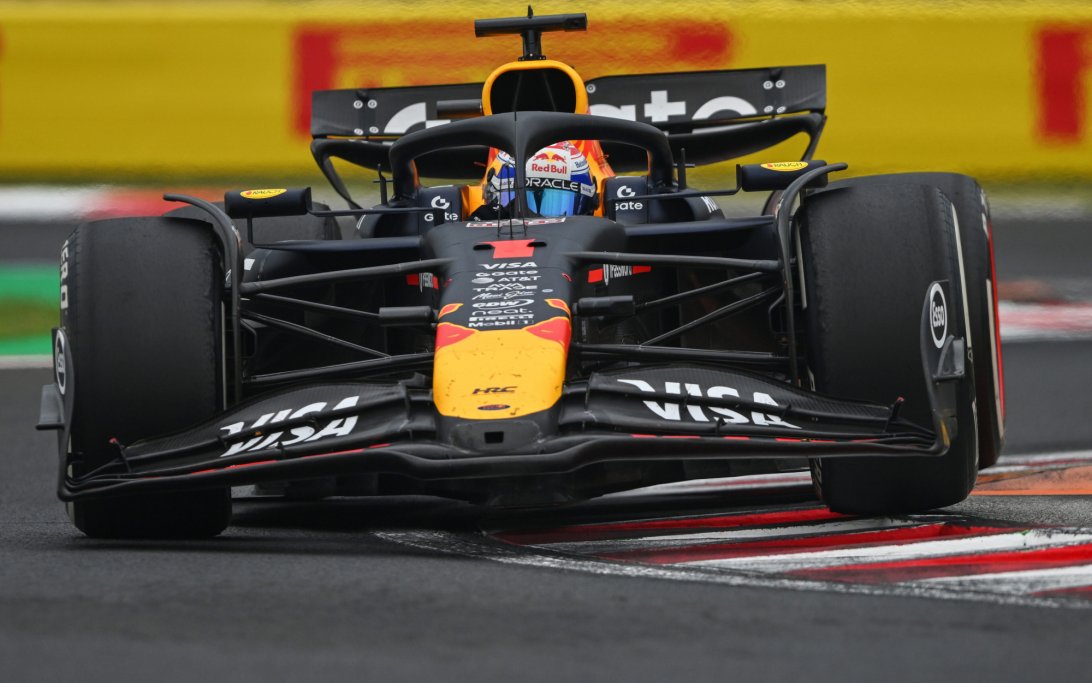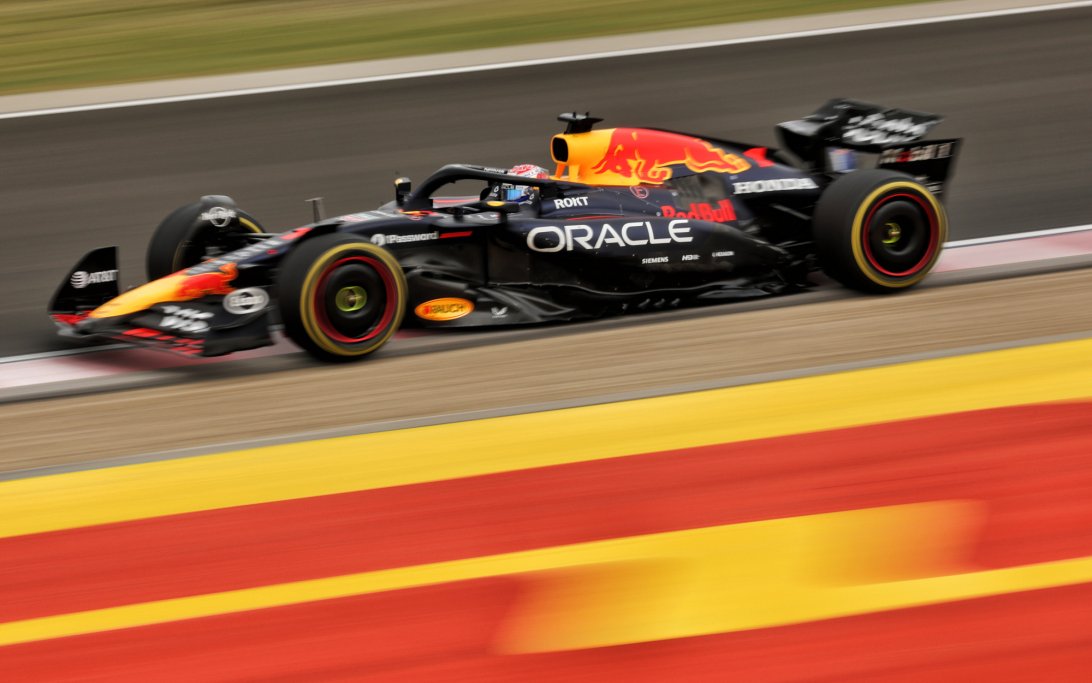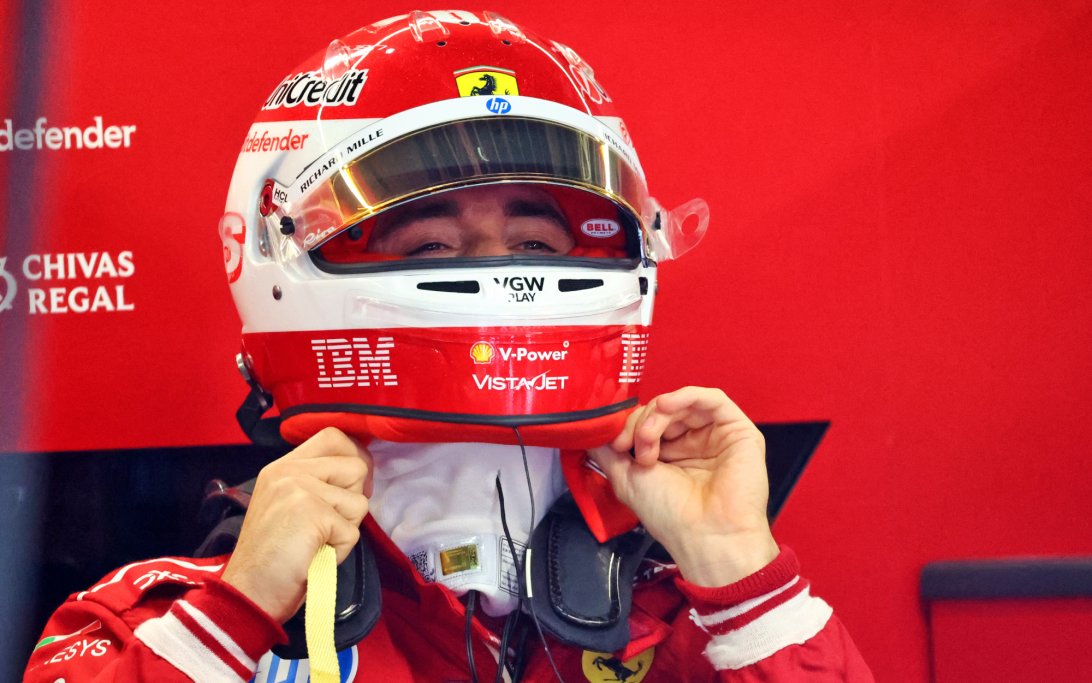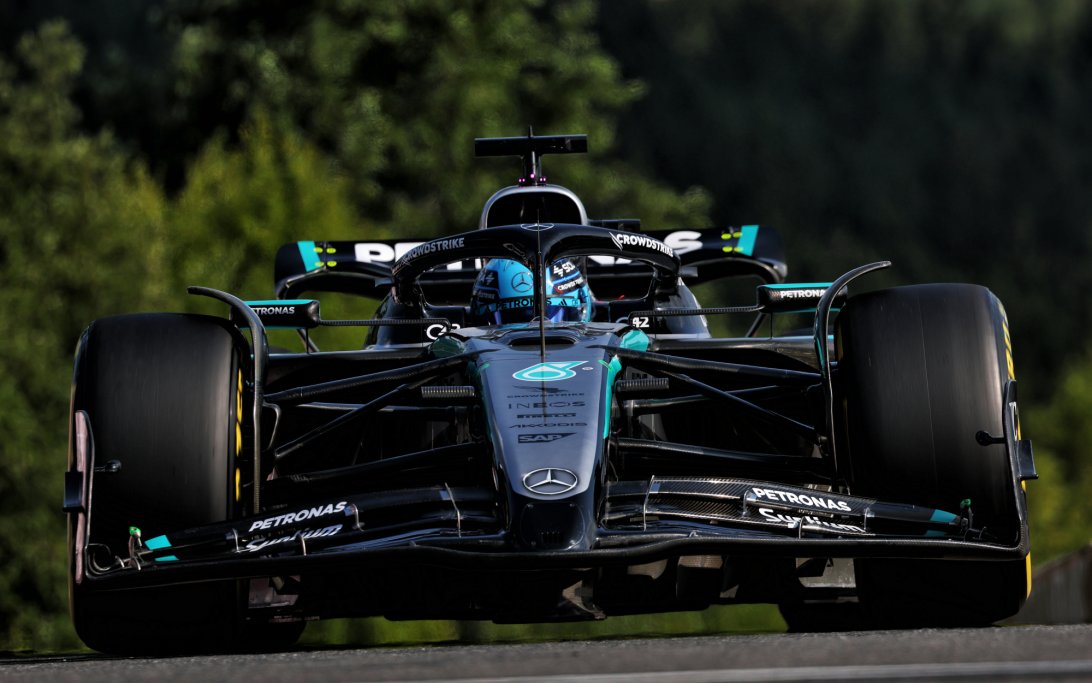The 2026 F1 season will introduce sweeping changes to both chassis and power unit regulations, described by some technical directors as the biggest overhaul in 50 years. Concerns exist that this could lead to prolonged dominance by a single manufacturer, reminiscent of Mercedes' era from 2014 to 2020.
Why the FIA Isn't Concerned About a Repeat of 2014 Dominance
The FIA is confident that such a scenario will not recur. Nikolas Tombazis, the FIA's single-seater director, believes the new engine formula is less complex despite a significant increase in electrical power. He stated, "The engines are still not as simple as we would have liked... but they are still simpler than the current generation of engines. They don't have the MGU-H, and there are a few things that have tighter limits, so we don't think the gaps will be as big as in 2014."
Why it matters: The MGU-H was a costly and major performance differentiator, its removal in 2026 aims to level the playing field for new manufacturers and reduce development costs.
How the Concessions System Works
While complete parity is difficult to guarantee, especially given varying levels of data transparency among manufacturers, the FIA has implemented a safety net to prevent long-term dominance. This system, known as ADUO (Additional Development and Upgrade Opportunities), is designed to help underperforming power unit manufacturers close the gap.
- Performance Measurement: After the first five race weekends each season (2026-2030), the FIA will assess the average power of each Power Unit manufacturer's Internal Combustion Engine (ICE).
- Eligibility for Concessions: If a manufacturer's ICE power is more than 3% below the highest recorded power, they qualify for ADUO status.
- Benefits: ADUO status grants three key advantages, accumulating over the year:
- Additional development money.
- More dyno hours.
- The possibility to introduce a new homologation of the engine.
This allows manufacturers who are behind to accelerate their development and catch up, preventing them from being perpetually disadvantaged by cost cap limitations.
FIA Rejects Any Suggestion of Balance of Performance
Tombazis vehemently denies that the ADUO system is a Balance of Performance (BoP) mechanism, common in other racing series. He clarifies that regulations remain identical for all competitors. The ADUO system primarily addresses the challenge posed by the cost cap, which could otherwise hinder manufacturers from spending the necessary funds to improve when behind.
What's next: The FIA is also working on an additional safety net for manufacturers facing severe reliability issues. If a manufacturer exceeds a certain number of engines due to failures, they will receive a cost cap relief, preventing development budget depletion due to unforeseen reliability problems. This combined approach of simpler power units, ADUO, and reliability relief is expected to maintain competitiveness across the F1 field, particularly on the engine side.



